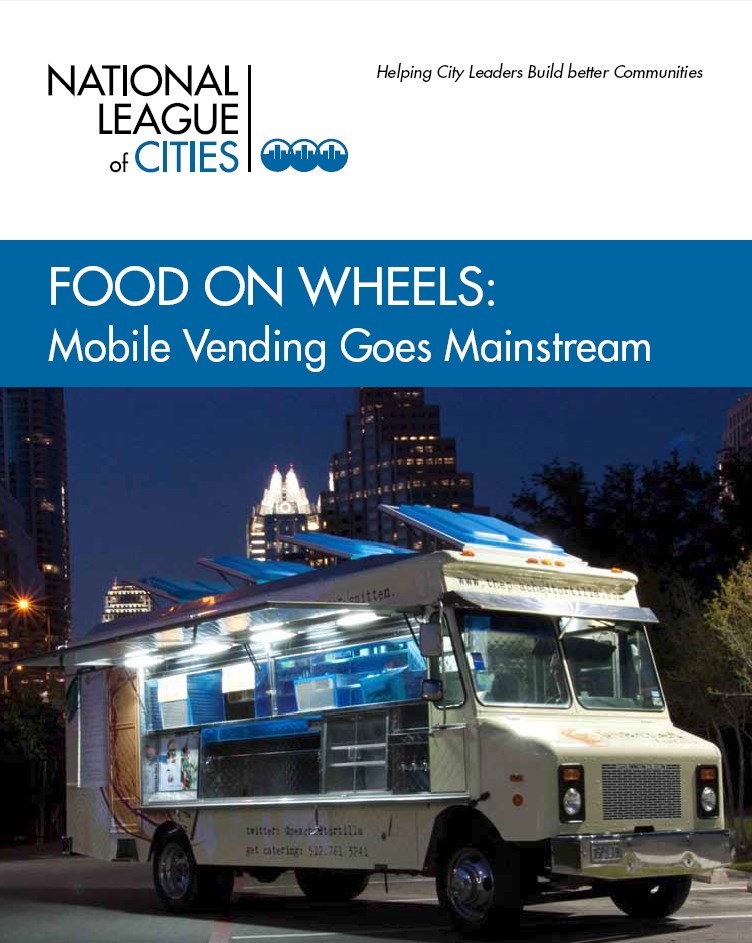From coast to coast and places in between, it is clear that food trucks have arrived and are here to stay. Mobile vending generates approximately $856.7 million – and is forecast to increase to be $996 million in 2020.

The mobile vending industry is on pace to quadruple its revenue stream over the next five years, but unfortunately, most cities are legally ill-equipped to harness this expansion. Many city ordinances were written decades ago, with a different type of mobile food supplier in mind, like ice cream trucks, hot dog carts, sidewalk peddlers, and similar operators.
- Learn about proper hygiene, cross contamination, cold and hot food safety, foodborne pathogens, and best practices to prevent foodborne illness.
- Food Manager Training & ANSI Certification - $99.00
- Food Handler Training - only $7.00!
- HACCP Training 16hr/4hr/1hr
- Enter Promo "train10off" at Checkout
Many Cities Not Ready to Handle Food Trucks or Vendors
Modern mobile vending is a substantial departure from the vending typically assumed in outdated local regulations. Vendors utilize large vehicles packed with high-tech cooking equipment and sanitation devices to provide sophisticated, safe food usually prepared to order.
Food trucks also take up a significant amount of space, require more safety and health oversight, cater to a different customer than the aforementioned types of mobile vendors, and have a more challenging relationship with brick and mortar restaurants and other vendors.
Unfortunately, most cities are legally ill-equipped to harness this expansion. Many city ordinances were written decades ago, with a different type of mobile food supplier in mind, like ice cream trucks, hot dog carts and sidewalk peddlers. Needless to say, food trucks are not your mother’s mobile vending experience. Mobile vending today is a substantial departure from the vending typically assumed in outdated local regulations.
Publication: Food on Wheels: Mobile Food Vending Goes Mainstream
A new report from the National League of Cities spotlights the impact of the rapidly changing mobile vending industry on cities. The report, Food on Wheels: Mobile Vending Goes Mainstream, offers best practices for city leaders to take advantage of the benefits of food trucks, while balancing the need to regulate growth and account for the concerns of other stakeholders, such as brick and mortar restaurants.

